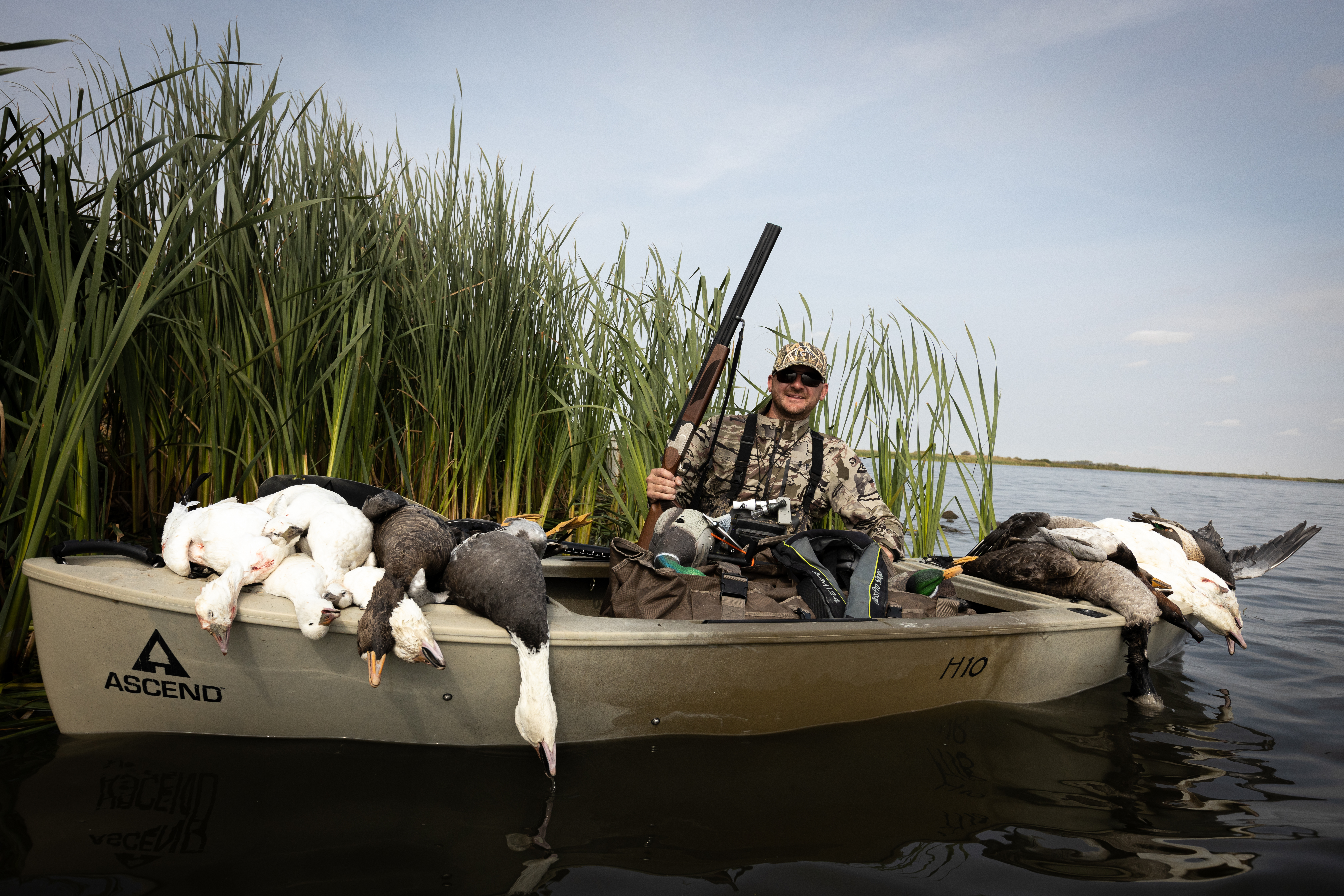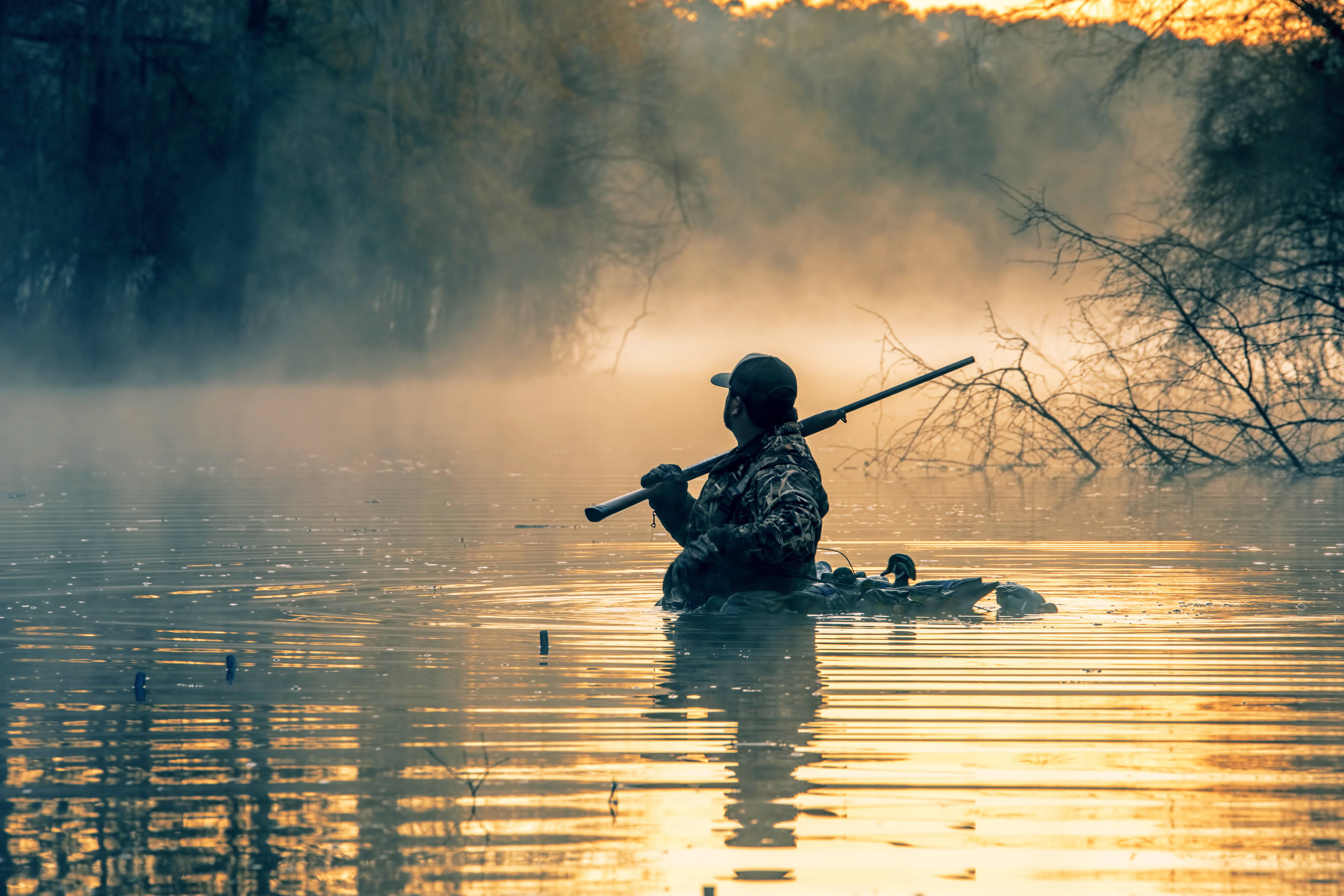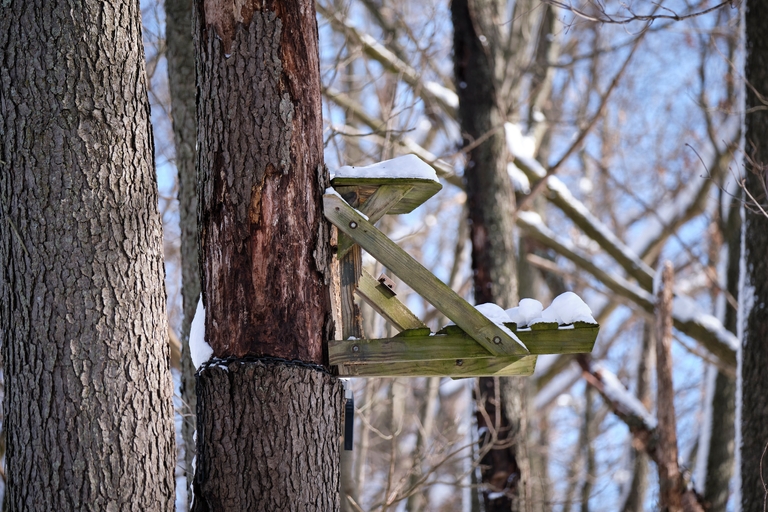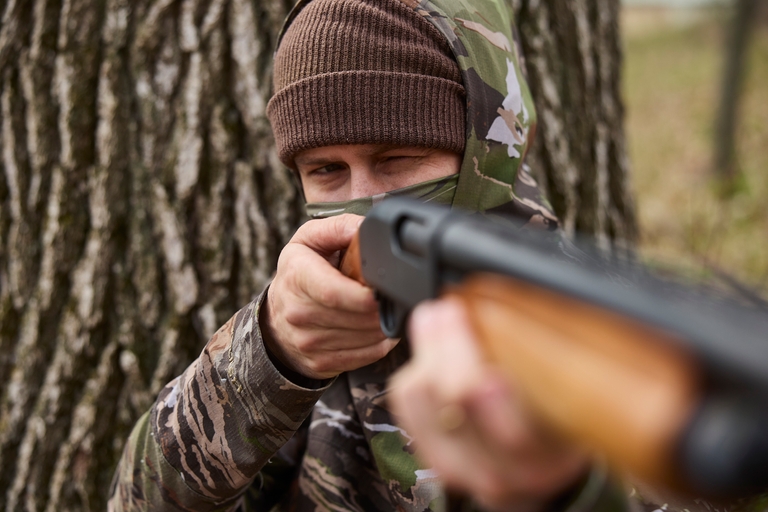‘I’m On a Boat’: Staying Safe When Duck Hunting In a Boat

You know how to handle your firearm in the field and shooting range, but are you ready for waterfowl season?
Whether you hunt on the shores, wade into the water, or hunt from a boat, handling your gun safely is crucial to avoid injury and bring ducks home for your freezer.
Being on a boat can add an extra level of potential danger when handling firearms. So, today, we highlight how to stay safe while duck hunting in a boat!
Firearm Safety Rules When on a Boat
As we mentioned, transporting your firearms by boat requires some extra precautions. However, following a few crucial rules can keep everyone safe throughout your hunting trip.
File a Float Plan
Creating a float plan and leaving it with someone you trust (who isn't hunting with you) is a smart approach to hunting when using a boat. If a friend or family member knows where you are going and when you plan to be back, they can act quickly if something goes wrong and you don't arrive according to your plan.
Wear a Life Jacket
In the excitement of sighting and tracking a duck, your boat may tip or swamp. You might also be in deeper waters than you think! However, wearing a life jacket means you won’t have to worry if you get a little wet.
Remember, a personal flotation device (or PFD) doesn’t have to be bulky and orange. Inflatable life jackets are now available with camouflage designs! These are ideal for hunting waterfowl on a boat or wading into the water.
Wearing a life jacket can be a life-saving decision if you end up in the water, so make sure it's part of your gear as you prepare for your hunt.
Load Your Gear With Caution
Loading a boat with hunting gear is quite different than loading your truck. A boat will bob on the water and can move away from (and back toward) the dock or shore as you try to load it. One false step or losing your balance can cause your firearm to fall and discharge unexpectedly, creating an unsafe situation.
If you’re with a partner, have that person get into the boat first so you can hand the gear to them. However, if you’re hunting alone, place all your gear into the boat while you’re still at the dock and on steady ground.
Balance Your Gear
Distributing the weight of your equipment, yourself, and your hunting partner is crucial to avoid capsizing when you push off from shore or the dock.
After your gear is safely in the boat, evenly distribute it from bow to stern (front to back) and port to starboard (left to right) so the boat isn’t likely to tip. Use a boat that can handle the weight of you, your partner, your dog, and all your gear!

Learn About Safety Before Launching Your Boat (and Hunt)
While these tips can help you safely move your firearm from the ground to your boat (and back again), hunting safely requires more knowledge. Depending on where you hunt, states have varying requirements for hunter safety courses before you can legally hunt.
So, no matter how you hunt (by boat or on land) or what you hunt (whitetail, turkey, elk, or waterfowl), make sure you've taken a hunting education course and passed the exam to get your license. You'll have a deeper understanding of walking with your firearm, loading and unloading it safely (especially when hunting with a partner), and best practices for shooting so you're sure to bring home a duck (or several) after your hunt.
Consider a Boat Safety Course, Too
In addition to a hunting safety course, consider a boating safety course if you plan to hunt from a boat. Like hunting requirements, most states require boaters to complete a safety course and carry a boating license before hitting the water.
Learn More Firearm Safety Rules With an Online Course
Hunter-Ed is here to help hunters stay safe throughout every hunting season. Whether you're a new or seasoned hunter, completing a safety course can help you enjoy hunting season injury-free. Our courses are 100% online and available to you on your phone, tablet, or desktop. It's easy to learn at your own pace when it's most convenient for you.
Nothing beats getting out in the field and practicing with your firearm, but it's always a good idea to start with a foundation of safety that you can learn from home! Find the course for your area, create your account (or log in to your existing one), and get certified as a safe hunter.
Originally published November 19, 2014. Content updated February 12, 2024.




